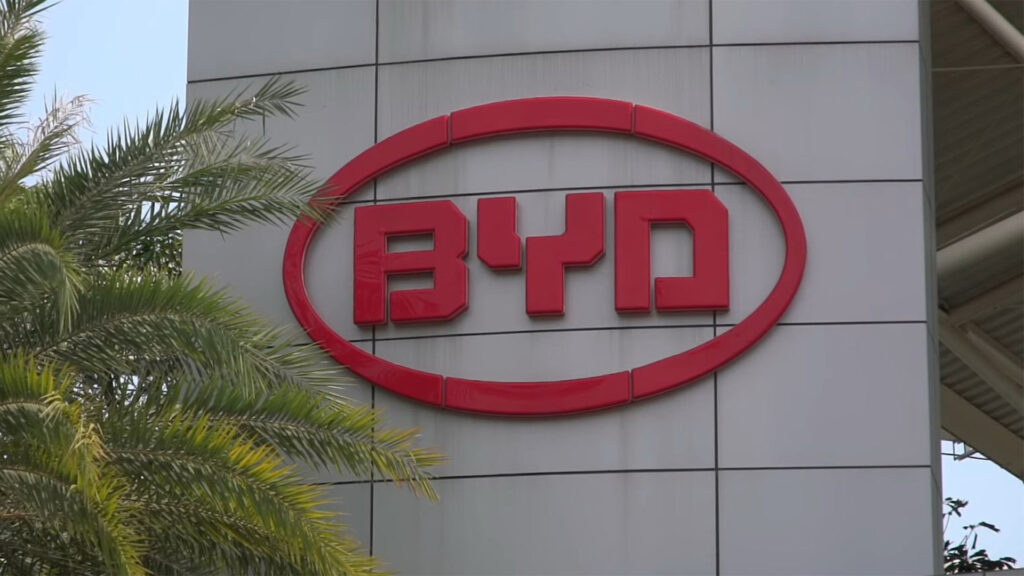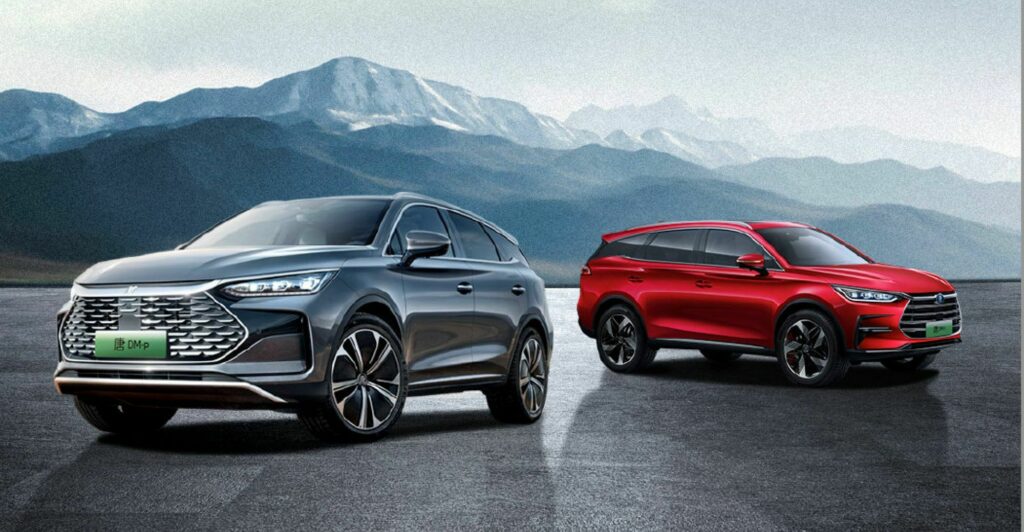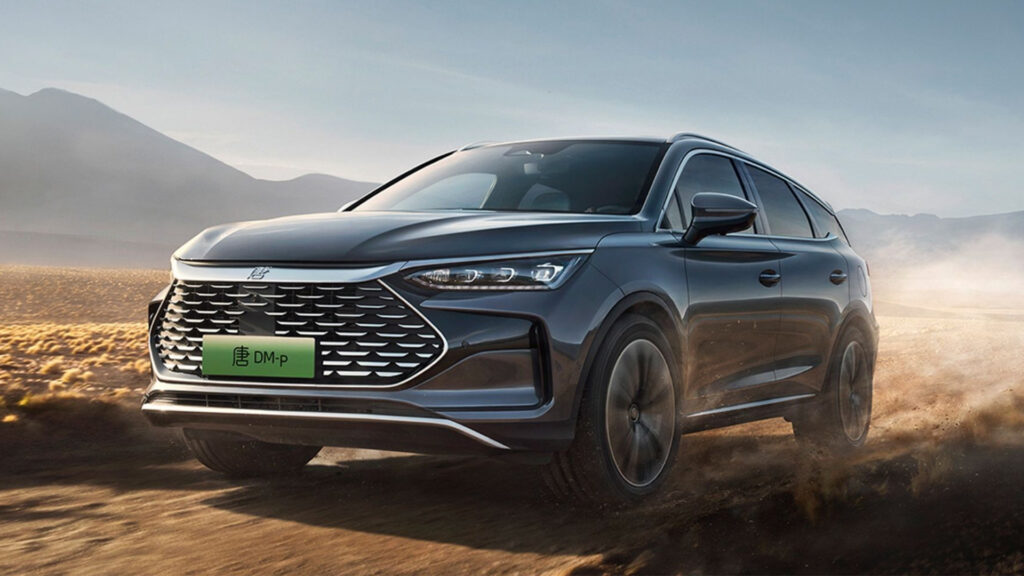BYD will stop manufacturing pouch-type battery cells for its plug-in hybrid vehicles due to durability concerns and risks that they could leak over time.
While neither the car manufacturer nor Chinese regulators are aware of any cases of batteries leaking, the company believes that the pouch-type cells it produces have a higher chance of leaking electrolytes than some alternatives. As such, it recently started converting production lines for these cells at factories in the Shaanxi and Zhejiang provinces to instead produce prismatic batteries.
Reuters understands that BYD will continue produce pouch-type cells at a factory in the Qinghai province to minimize disruptions to the production of its hybrid vehicles. However, unnamed sources claim the world’s largest manufacturer of electrified vehicles will completely ditch pouch cells by early 2025.
Read: BYD To Invest $14 Billion Into Smart Car Technologies

BYD has encountered issues with its pouch cells before and in 2022, recalled 60,000 examples of the Tang DM-I hybrid because they had a battery defect that could lead to thermal runaway. VW started moving away from these types of batteries in 2021 and Tesla chief executive Elon Musk has also recommended against their use.
All of the carmaker’s current plug-in hybrids use blade-shaped battery packs with pouch cells and these PHEVs accounted for 48% of the new cars it sold last year. The new battery it will use in future PHEVs will be similar in structure to the Blade battery that its battery-electric vehicles currently ship with.
Few international buyers will be impacted by the change. In fact, 98% of all the plug-in hybrids sold by BYD last year were sold in China and it only exported a small number of PHEVs to markets including Brazil.




